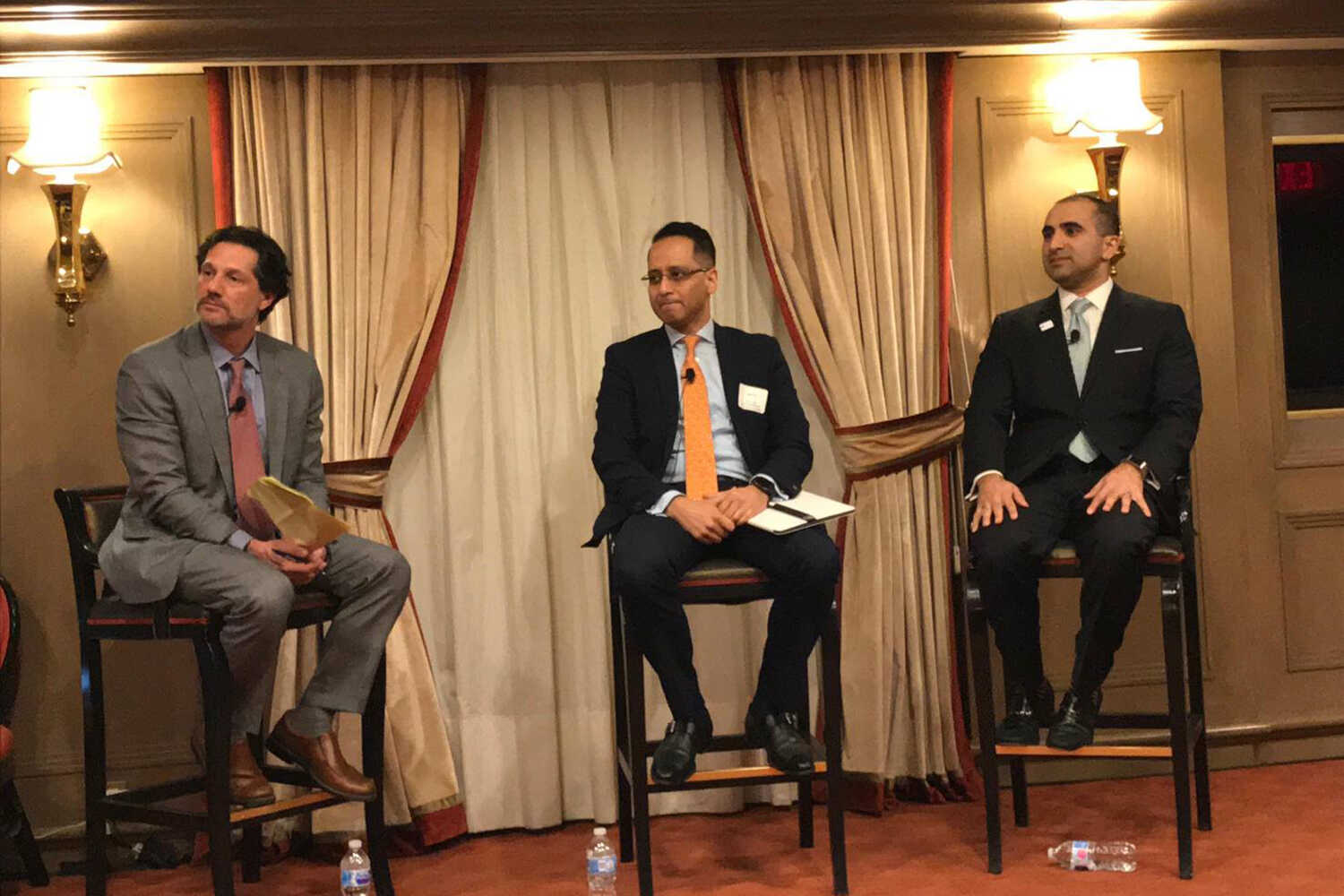Proven Secrets to Define & Amplify the Winning Business Ideas
I have tons of business ideas but how do I know which are good? Originally appeared on Quora: the place to gain and share knowledge, empowering people to learn from others and better understand the world.
Do I Care?
If you start a business, the best case is that you will be involved for years. Is this idea something that interests you enough to spend 5 years on it? I too have a ton of ideas, which means it’s hard for me to find one so awesome that something else won’t seem shiny next month.
How Big Is the Market?
Out of all the people in the world, how many are plausible customers? Be brutal here. The market for a restaurant isn’t “everybody who eats food”, it’s a pretty narrow set of people who are in the right price range and location, who like that kind of food, and who like the restaurant’s style.
What’s The Competition Like?
The best businesses to start are the ones where you are addressing a need that isn’t really being solved, or where your approach is new. Think Facebook and Google, sure, but also think about that mobbed lunchtime taco truck that parks in a neighborhood with a lot of office workers and no restaurant around.
If I Talk to Potential Customers, Are They Aware of Their Need?
There are a bunch of things that people need but don’t know they need. For example, there are a ton of people who could be better dressers, but since they aren’t aware of the problem, they won’t pay to solve it.
Is The Business Financially Sustainable?
Figuring out a product people want is good, but it also has to be a sustainable business. Can you serve customers and make money?
Am I Making the World Better?
If you are making people’s lives better, they will happily keep giving you money. There are some businesses that make people’s lives worse (diet scams, dealing meth, tobacco) that are also profitable, but those businesses are much riskier and unpleasant. It’s a lot easier to do something that everybody’s happy you’re doing.
Can I Test the Business Hypotheses?
You can look at every business idea as a set of hypotheses.
Let’s say I want to do a local dog-walking business. Launching one assumes all sorts of things, like: 1) People nearby have dogs. 2) Some of those people want their dogs walked when they are not around. 3) Those people are willing to pay money. 4) They are willing to pay enough money that I can pay workers to walk the dogs and still make a profit. And then there are a ton of other hypotheses around pricing, frequency, advertising, customer retention, regulation, and the like.
You could just borrow $20k from your family and launch a business like you know the answers to all of those things. But if you’re wrong, that would be a pretty big failure. So I look for cheap ways to test my notions. E.g., I could hang out by the park on the weekend and count the number of dogs. I could interview dog owners about what they do with their dogs during the day. If they express a need, I could tell them I’m thinking about starting a business and ask them for their email addresses if I get it going. If I get enough emails, then I could email a few with an offer and see if they sign up. If they do, then I can collect information for a month and see if a real operating business matches up to my assumptions.
If the idea doesn’t pan out, then this gradual approach lets me kill the idea as early as possible, so I waste as little time and money on the things that don’t work.
Contributed by William Pietri, CTO/Founder of a Lean Startup









